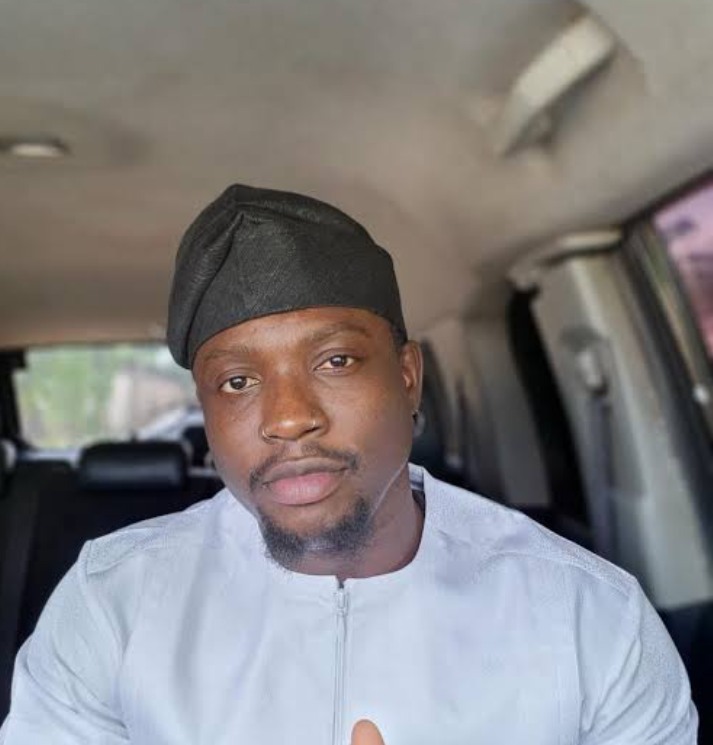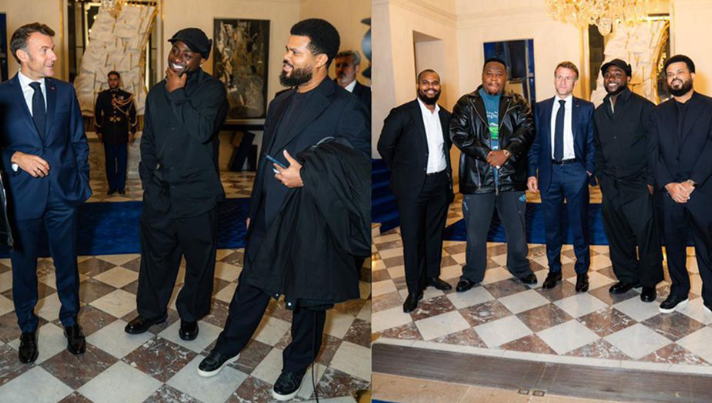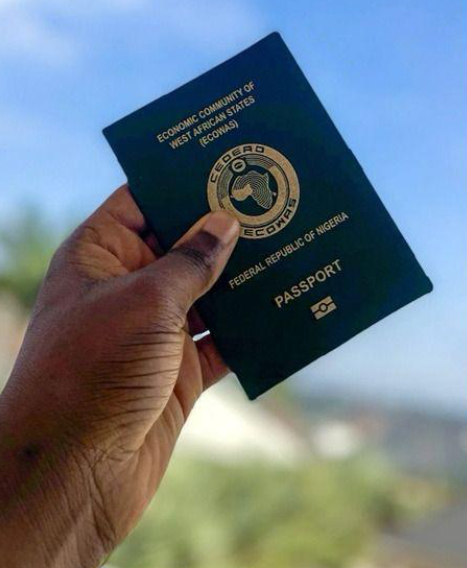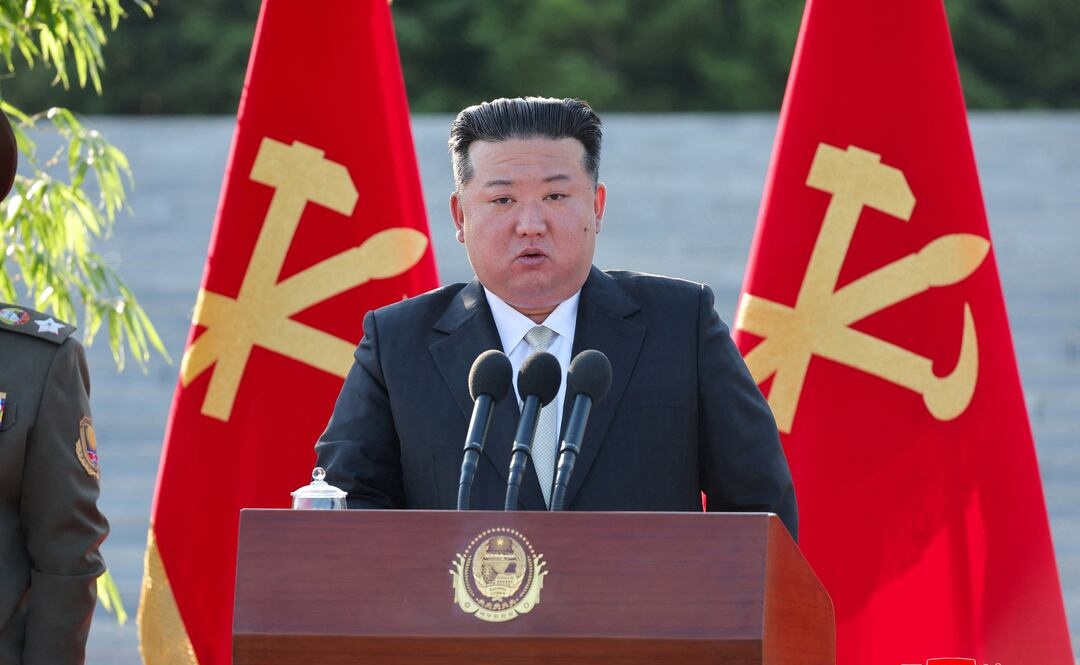
Shadow of Secrecy: DSS, Not EFCC, Nab Outspoken Blogger VeryDarkMan
In a startling turn of events that has sent ripples across Nigeria’s digital landscape, it has emerged that the Department of State Services (DSS) — not the Economic and Financial Crimes Commission (EFCC) as originally reported — orchestrated the arrest of controversial entertainment critic and blogger known as VeryDarkMan. The
In a startling turn of events that has sent ripples across Nigeria’s digital landscape, it has emerged that the Department of State Services (DSS) — not the Economic and Financial Crimes Commission (EFCC) as originally reported — orchestrated the arrest of controversial entertainment critic and blogger known as VeryDarkMan. The revelation, first brought to light by prominent social media personality Cutie Juls, overturns earlier accounts and raises fresh questions about the boundaries between Nigeria’s security agencies and its high-profile internet commentators.
Late last week, GistReel Entertainment broke the story that VeryDarkMan had been apprehended by security operatives in Abuja. Details were scarce, fueling rampant speculation across Twitter, Instagram, and Facebook. Some observers speculated that the EFCC, long synonymous with high-stakes anti-corruption investigations, had detained the blogger in connection with his frequent exposés of alleged money laundering and under-the-table deals in entertainment circles. Yet in a dramatic twist, Cutie Juls disclosed that it was in fact the DSS that swooped in to make the arrest, a move that has reignited debate over which arm of government truly regulates the country’s online narrative.
According to Cutie Juls, the relationship between VeryDarkMan and the EFCC was more complicated than casual rumor suggested. In the days leading up to his arrest, the blogger had purportedly received six separate invitations from the anti-corruption agency. These invitations, which called him in for questioning, were acknowledged by his lawyer, human rights advocate Deji Adeyanju. Although no formal statement has been issued by the EFCC, Adeyanju confirmed to close contacts that his client was preparing to comply with the summons when the DSS intervened. Suddenly, inquiries meant for the EFCC took a backseat as state security operatives took custody of the blogger, leaving many to wonder whether other forces were at play.
Cutie Juls’ account elaborates on a behind-the-scenes tug-of-war in which the EFCC, after realizing that the DSS had detained VeryDarkMan, requested that the state security agency release him into EFCC custody for further investigation. This back-and-forth suggests an unusual overlap in agency mandates and highlights the ambiguity surrounding enforcement of digital defamation and money laundering laws. In effect, two of the nation’s most powerful security bodies appear to have vied for jurisdiction over the same individual, exposing a potential jurisdictional loophole that critics fear could be exploited to silence dissent.
The blogger at the center of this storm is anything but a passive observer. VeryDarkMan, whose real identity remains officially unconfirmed, has built a reputation for brazenly accusing celebrities, producers, and industry insiders of illicit activities. His exposés, often accompanied by screenshots of private chats and alleged financial records, have become must-read material for the entertainment community. Yet with influence comes risk. The latest controversy involves a woman suspected of engaging in money laundering, whose name remains under wraps pending formal charges. Cutie Juls asserts that conversations traced between this woman and VeryDarkMan form part of a broader case the EFCC is pursuing. If true, these communications could offer the EFCC critical evidence in its anti-money laundering campaign.
Observers are now scrutinizing the legal framework that permitted the DSS to detain a blogger clearly invited by the EFCC for questioning. Under Nigerian law, the EFCC has defined powers to investigate financial crimes, while the DSS’s mandate encompasses state security and intelligence. The impounding of the blogger by the DSS suggests that the state agency may have deemed his publications a threat to national stability or perceived them as intelligence matters. Legal experts caution that such inter-agency friction could set a dangerous precedent for press freedom, especially for citizen journalists and online critics who operate outside the protections traditionally afforded to licensed media organizations.
Reactions from civil society have been swift. Press freedom advocates, including the Media Rights Agenda and the Committee for the Defence of Human Rights, have called for clarity regarding the legal basis for the DSS’s intervention. “If a blogger can be arrested by the state security service on the heels of EFCC invitations, then every social media user is at risk,” one advocate commented under condition of anonymity. At the same time, some entertainment industry insiders have welcomed the move, arguing that unverified gossip can damage reputations and lives. They maintain that if VeryDarkMan’s allegations were indeed rooted in evidence — as the EFCC’s summons suggest — then he should face the same scrutiny he levelled against his targets.
Amid the growing uproar, official statements have been conspicuously muted. Neither the DSS nor the EFCC has publicly addressed the specifics of the case, though insiders hint at an eventual joint communiqué. In the interim, VeryDarkMan remains in custody, his legal team reportedly working around the clock to secure his release. Deji Adeyanju has refused to divulge the precise charges pending against his client but has appealed for due process and adherence to constitutional guarantees. “My client has the right to know under what laws he is being detained and by which agency,” Adeyanju told a small gathering of journalists outside his Abuja office.
Meanwhile, Nigeria’s digital communities are abuzz with unverified claims of hidden agendas and conspiracy theories. Some suggest that the DSS targeted VeryDarkMan for a recent post critical of the agency’s operations, while others claim that powerful entertainment figures influenced the EFCC to act. As is often the case in the fast-moving world of online gossip, facts and rumors blur, underscoring the challenges that both bloggers and authorities face when dealing in uncharted legal territory.
What is clear, however, is that this high-profile clash between two heavyweight security agencies over the fate of a single blogger has wider implications. It shines a spotlight on the precarious role of social media critics in Nigeria, where the democratization of information collides with the imperatives of national security and anti-corruption enforcement. It also presses lawmakers to consider whether existing statutes adequately address the nuances of digital speech, blogger accountability, and the interplay between financial crime probes and state security concerns.
As the saga unfolds, all eyes will be on Abuja’s courtrooms and the corridors of power where decisions are being made out of public view. Will the EFCC secure custody of VeryDarkMan to pursue its investigation into alleged money laundering links, or will the DSS hold onto him under a broader national security mandate? And, perhaps most crucially, what precedent will this set for other citizen journalists who dare to publish on sensitive topics?
In a world where a single tweet can spark controversy and where memes wield as much power as newspaper editorials, the arrest of VeryDarkMan by the DSS, not the EFCC, is more than a footnote in Nigeria’s ongoing struggle with corruption and press freedom. It is a watershed moment that will test the balance between vigilance against financial crimes and respect for the fundamental right to free expression. For now, the blogger remains behind closed doors, his fate entwined with the outcome of inter-agency rivalry and the evolving legal landscape of digital discourse in Nigeria. The nation waits, tweets, and watches.
Share this post
Related Posts

Davido Meets French President Emmanuel Macron, Says They Shared Their Visions for a Better World
In a moment that sent waves of pride and excitement through fans across the world,...

Married But Stateless: Foreign Husbands of Nigerian Women Cry Out Over Harsh Immigration Hurdles
A growing number of foreign men legally married to Nigerian women have taken to social...

BREAKING: North Korea Threatens Military Action Against U.S., Japan, and South Korea
In a chilling escalation of tensions in the Asia-Pacific, North Korea has declared its readiness...